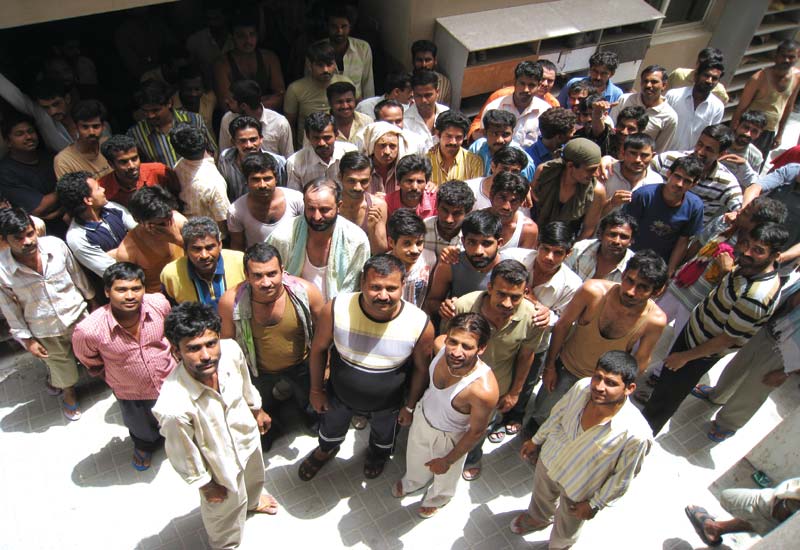
Riyadh, Sep 16: Saudi Arabia ranks fourth in hosting the largest number of foreign manpower worldwide, according to a study published by the Population Division of the United Nations.
There are 9.1 million foreign workers in the Kingdom.
The report pointed out that most of the expat workers have been living outside their home countries for an extended period of time.
The United States ranked first as the most popular destination for expatriates with 45.8 million; followed by Russia, 11 million; Germany, 9.8 million; Saudi Arabia, 9.1 million; and the United Arab Emirates, 7.8 million.
According to the report, Asia has experienced the largest increase in the number of international migrants since 2000.
In the last 13 years, the number of immigrants has increased by 20 million.
According to the report, the increased demand for foreign labor in the oil-producing countries of West Asia and Southeast Asian countries, such as Malaysia, Singapore and Thailand, is due to their rapidly developing economies.





Comments
Add new comment